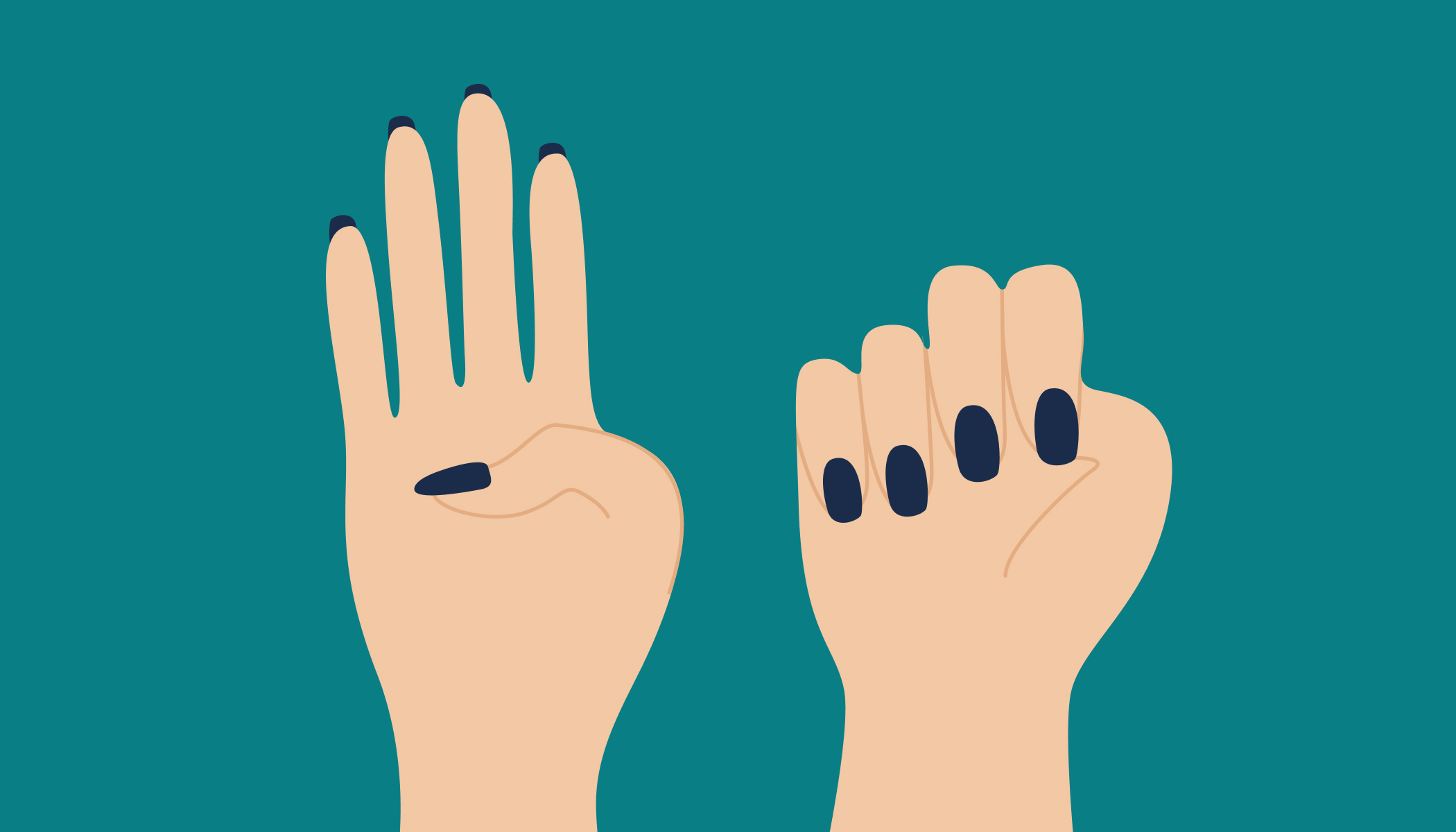If you’ve found yourself with your hand in the biscuit jar more often lately, you're not alone. Supermarkets are reporting a big rise in the sale of baked goods, carb-heavy foods and ‘sweet treats’. More people are buying in bulk too – and evidence shows that buying in bulk often leads to eating more.
Of course it’s natural to turn to these kinds of foods occasionally at times like this. But limiting your intake of sugary or carb-heavy snacks will ultimately make you feel better, help boost your energy levels and improve your focus as well as your waistline!
How ‘mindless eating’ can take over
Did you know that you actually make over 200 decisions about food every day? But most of these decisions happen unconsciously, so we don’t even notice them. That’s why when your life and work patterns change, so do the unconscious triggers to eating. Being at home more with your children may mean you have a snack when they have one. The start of a new video call might trigger a desire for a cup of tea and some chocolate. Or it could just be that you’re passing the biscuit tin more often!
This type of snacking is not about having no ‘willpower’, being greedy, or even about being more hungry – it’s about the changing circumstances and a whole bunch of new unconscious triggers. So one of the most important things is simply to be aware that it’s happening.
7 simple ways to beat snack attacks
1. Watch out for new snack ‘routines’ Look at your new daily routine and watch where you’re snacking when you wouldn’t usually. Be aware and ask yourself ‘Am I really hungry’ or are you just eating without thinking?
2. Keep snacks out of sight and harder to get to It may seem simple, but if you see snacks more, you’re likely to eat them more. If you’re now working in an open-plan kitchen rather than at the office, that could be a real problem! So hide the snacks away. And maybe even put them in a place where you have to make a clear and concerted effort to get to them – like a high cupboard.
3. Leave a reminder of what you’ve eaten A plate covered in crumbs, a wrapper, even an apple core. Behavioural scientists say that seeing what you’ve eaten recently is a useful visual cue that tells your mind that you’re not hungry.
4. Keep some water to hand If spending more time at home is making you eat more, having a glass of water to hand and drinking it regularly will stop you feeling hungry. Drinking water regularly may be a habit you’ve fallen out of, especially if you’ve broken your normal daytime routine.
5. Buy less (or smaller) snack packs Because you’re at home constantly, it might be tempting to increase the size of the products you buy, buy more of them at once or simply get more unhealthy treats. Try not to, as having more around often leads to eating everything faster, rather than it lasting longer!
6. Don’t multitask when you eat Stop what you’re doing. Focus on your food. And eat slowly. If you rush down your meals while doing something else, you’ll feel less satisfied and less aware of what you’ve eaten. Studies into ‘attentive eating’ show eating mindfully can have long-term positive effects on weight loss.
7. Load up on healthy snacks Although it might seem the most obvious solution, this doesn’t necessarily overcome the problem of mindless eating. But of course, eating fruit, sugar-free snacks, nuts and seeds etc. is always better for you, so make sure you’ve got plenty of healthy snacks around – that you actually like!
If you do one thing...
Pay attention to what you’re eating and when. This will help you avoid mindless snacking triggered by the many changes happening at the moment.


